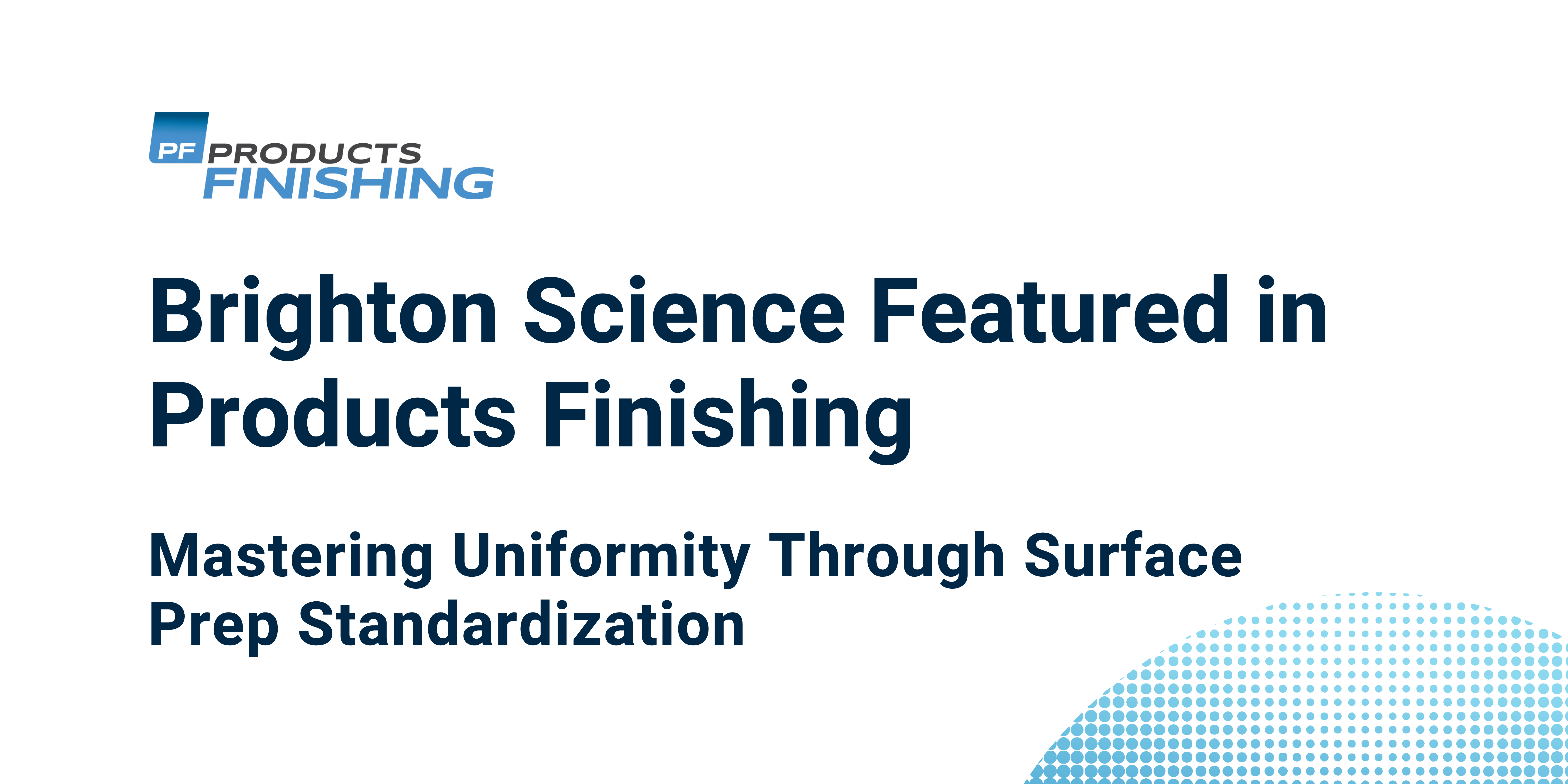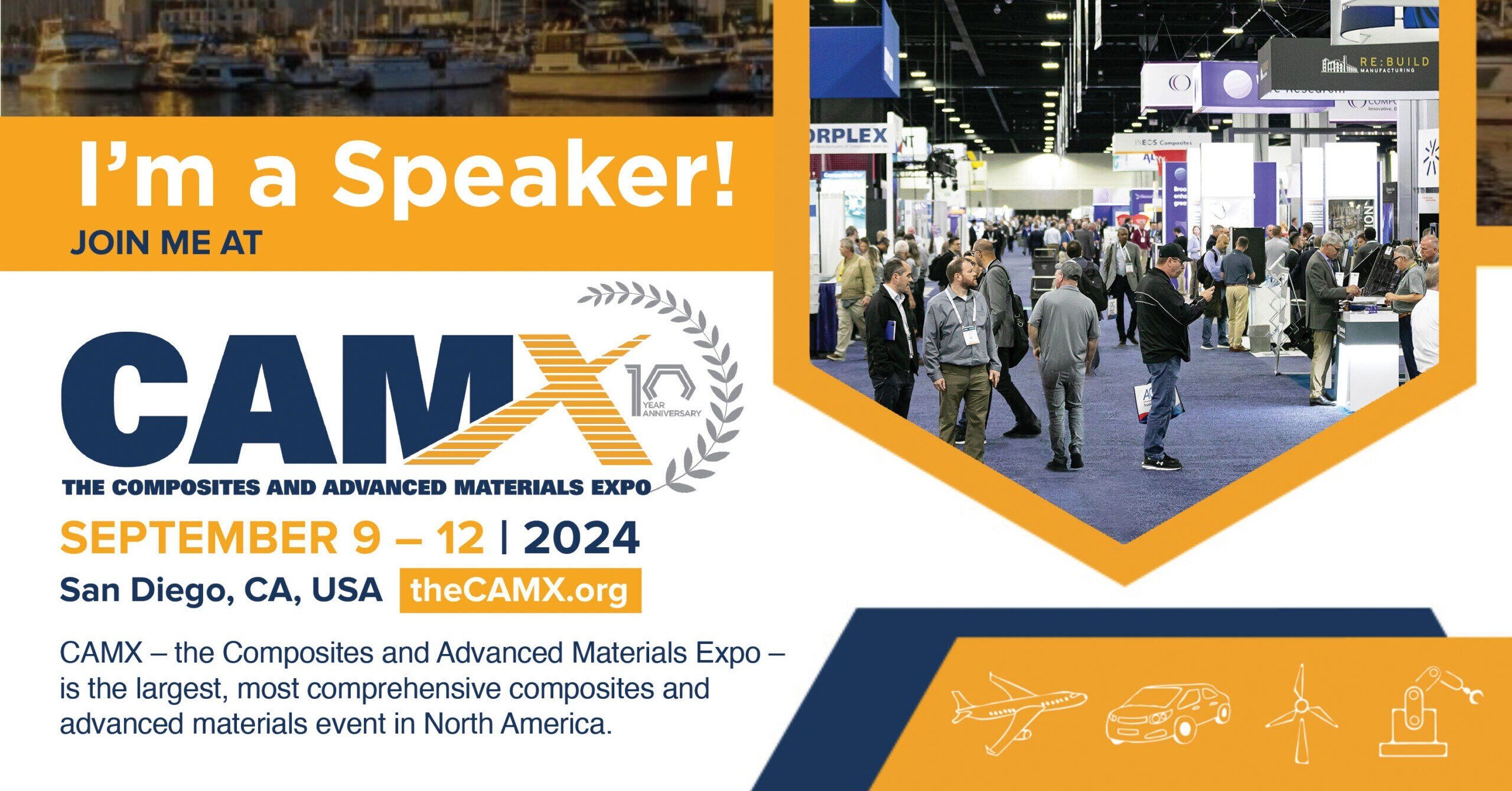Brighton Science, a leading innovator in portable goniometry, is pleased to announce the approval and publication of ASTM D8597-24, a new standard for contact angle measurement using portable goniometers. This standard is a significant development for the field of surface science, as it establishes the validity and reliability of portable goniometers for a wide range of applications.
Brighton Science has been actively involved in the development of ASTM D8597-24 since 2019. The company's expertise in portable goniometry was instrumental in shaping the standard's requirements and ensuring that it accurately reflects the capabilities of these versatile instruments.
"The approval of ASTM D8597-24 is a major milestone for the field of contact angle measurement," said Dr. Giles Dillingham, Founder & Chief Scientist at Brighton Science. "This standard will provide researchers, scientists, and in particular manufacturers with the confidence they need to use portable goniometers for a variety of critical and development applications."
ASTM D8597-24 covers the theory, principles, and procedures for measuring static and dynamic contact angles using portable goniometers. The standard is applicable to a wide range of materials and surfaces, including polymers, metals, coatings, and more.
The availability of ASTM D8597-24 will benefit researchers, scientists, and manufacturers in a number of ways. The standard will:
- Promote the use of portable goniometers as a reliable and accurate method for contact angle measurement.
- Ensure consistency in the measurement of contact angles across different laboratories and research groups.
- Facilitate the development of new materials and technologies that rely on accurate contact angle measurements.
Brighton Science is a strong advocate for the use of portable goniometers in research and development. The company's Surface Analyst and BConnect portable goniometers are designed to meet the requirements of ASTM D8597-24 and provide users with a powerful tool for contact angle measurement.
To see the full standard, visit https://www.astm.org/d8597-24.html




